
Alfred Beit was an Anglo-German gold and diamond magnate in South Africa, and a major donor and profiteer of infrastructure development on the African continent. He also donated much money to university education and research in several countries, and was the "silent partner" who structured the capital flight from post-Boer War South Africa to Rhodesia. Beit's assets were structured around the so-called Corner House Group, which through its holdings in various companies controlled 37 per cent of the gold produced at the Witwatersrand's goldfields in Johannesburg in 1913.

The University of Hamburg is a public research university in Hamburg, Germany. It was founded on 28 March 1919 by combining the previous General Lecture System, the Hamburg Colonial Institute, and the Academic College. The main campus is located in the central district of Rotherbaum, with affiliated institutes and research centres distributed around the city-state. Seven Nobel Prize winners and one Wolf Prize winner are affiliated with UHH.

Joseph Hirsch (Tzvi) Carlebach was a German Orthodox rabbi, natural scientist, and scholar of the history of the Jews in Germany.

The charitable foundation Zeit-Stiftung Ebelin und Gerd Bucerius is registered in Hamburg. Its aim is to fund projects in research and scholarship, arts and culture, as well as education and training. It was founded in 1971 by Gerd Bucerius and carries the name of the founder, the title of the weekly newspaper Die Zeit, which he co-founded, and the nickname of his second wife, Gertrud Ebel, Ebelin.
The government of Hamburg is divided into executive, legislative and judicial branches. Hamburg is a city-state and municipality, and thus its governance deals with several details of both state and local community politics. It takes place in two ranks – a citywide and state administration, and a local rank for the boroughs. The head of the city-state's government is the First Mayor and President of the Senate. A ministry is called Behörde (office) and a state minister is a Senator in Hamburg. The legislature is the state parliament, called Hamburgische Bürgerschaft, and the judicial branch is composed of the state supreme court and other courts. The seat of the government is Hamburg Rathaus. The President of the Hamburg Parliament is the highest official person of the Free and Hanseatic City of Hamburg. This is a traditional difference to the other German states. The president is not allowed to exert any occupation of the executive.

Herbert Weichmann was a German lawyer and politician and First Mayor of Hamburg (1965–1971). In his position as mayor of Hamburg, he served as President of the Bundesrat (1968–1969).
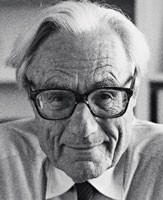
Gerd Bucerius was a German politician, publisher and journalist, one of the founding members of Die Zeit. He is the namesake of the Bucerius Law School in Hamburg and of the Bucerius Kunst Forum, an art gallery.
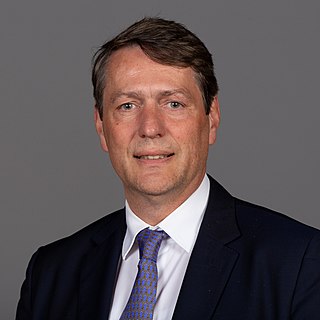
Dietrich Wersich is a German politician of the German Christian Democratic Union (CDU), and physician. Since March 7, 2011 he is chairman of the CDU parliamentary Group in the Hamburg state legislature, the largest opposition party. From May 7, 2008 to March 7, 2011 he was Hamburg State Minister of Social Affairs, Family Affairs, Health and Consumer Protection. From November 29, 2010 to March 7, 2011 he was also Deputy Mayor of Hamburg.

Peter Tamm was a German journalist and collector. His collection formed the basis for the founding of Hamburg's International Maritime Museum in 2008.
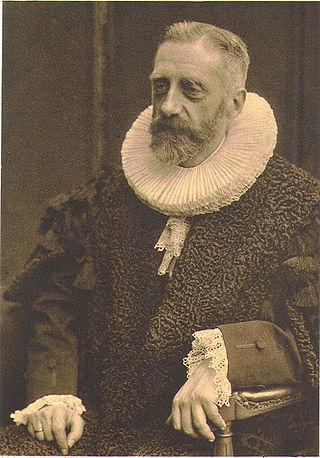
Werner von Melle was a mayor and senator of Hamburg, as well as a jurist. Melle, who held multiple doctorates, also served on the first board of trustees for the Hamburg Scientific Foundation.

Katharina Fegebank is a German politician for the Alliance '90/The Greens, who has served as Second Mayor of Hamburg and Senator for Science, Research and Equality since 2015. She briefly served as acting First Mayor in March 2018.
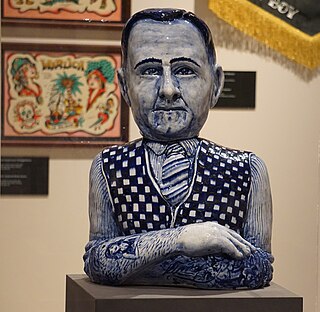
Christian Warlich was a Hamburg based tattooist who professionalised tattooing in Germany. He supposedly was the first one to use an electric tattoo machine in Germany.

Agathe Lasch was a German philologist. She was the first female professor of German studies in Germany, and the first female professor at the University of Hamburg. She is a pioneer of the historical study of the Middle Low German language. As a Jew, Lasch was murdered during the Holocaust.
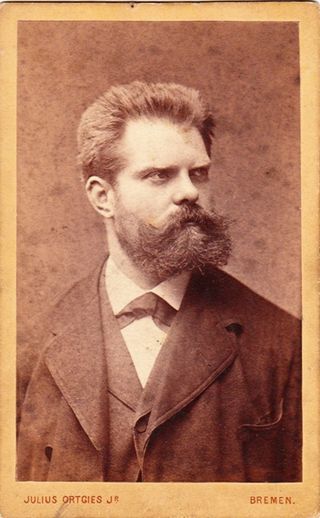
Julius Geertz was a German artist of the Düsseldorf school of painting.

The 20th Century Press Archives comprises about 19 million newspaper clippings, organized in folders about persons, companies, wares, events and topics.

Till Steffen is a German lawyer and politician of Alliance 90/The Greens who has been serving as a member of the German Bundestag since the 2021 elections, representing the Hamburg-Eimsbüttel district.

Ole Wittmann is a German art historian, curator and publisher. He is specialized in the role of tattooing in art. His research on the German tattoo history of the late 19th and 20th century is considered pioneering. He has written the first German doctoral thesis on tattooing and art and his research has generated considerable media interest.
Henning Albrecht is a German historian.
The Verein für Hamburgische Geschichte (VHG) is a historical society founded on 9 April 1839, which is open to both professional historians and historically interested laypersons. The society's office and library are located in the Staatsarchiv der Freien und Hansestadt Hamburg.

The Hamburg Maritim Foundation is a legally responsible foundation based in Hamburg, Germany and was founded in 2001.
















